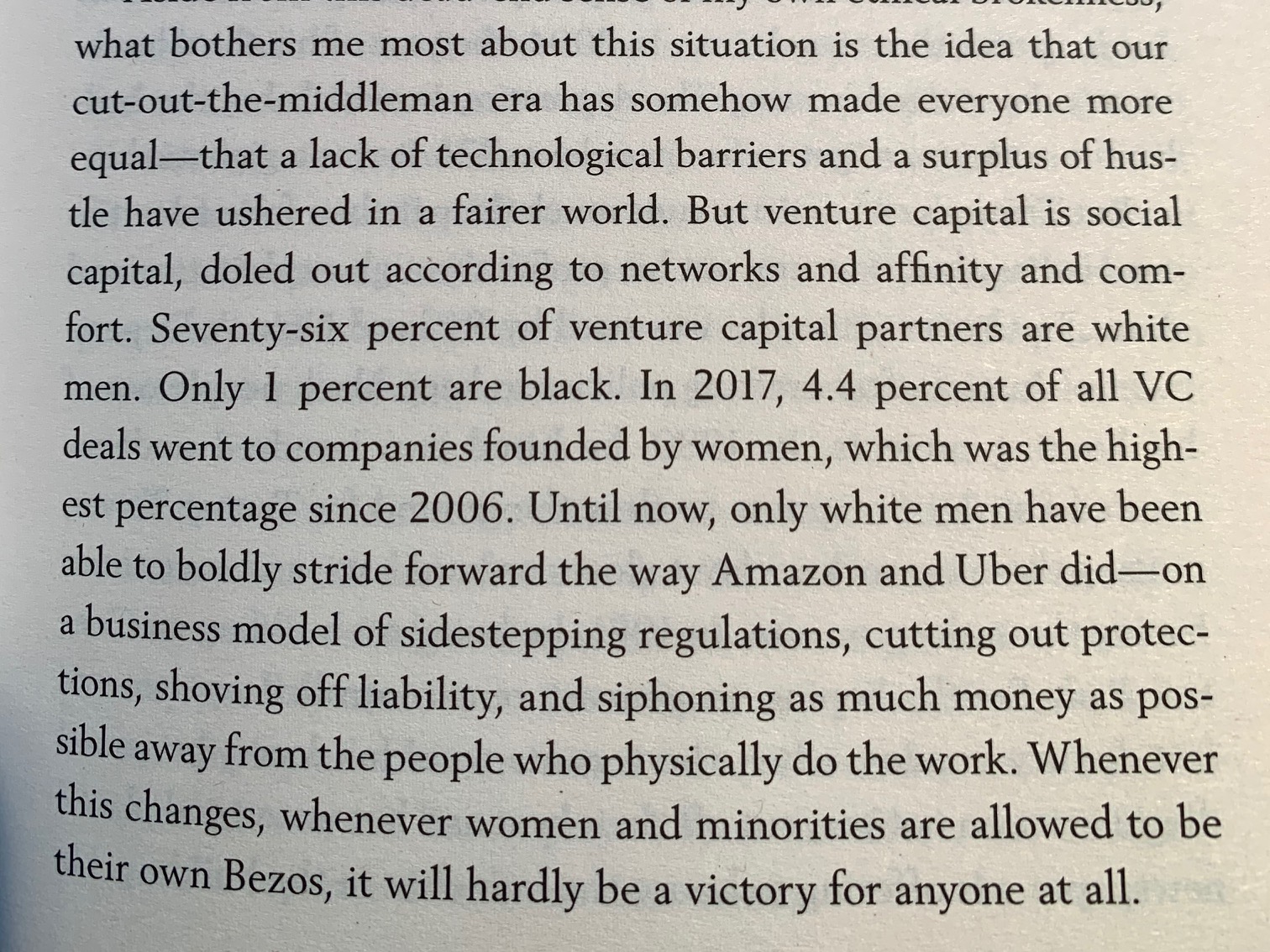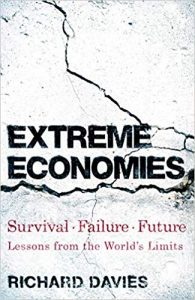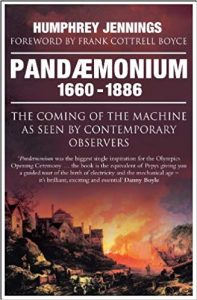Thomas Philippon’s The Great Reversal: How America Gave Up On Free Markets, my pre-Xmas Day reading, deserves the positive reviews it’s been getting. It’s a highly accessible synthesis of Prof Philippon’s always-illuminating research into the empirics of US finance and competition. The argument is neatly summed up in the final part of the book: the US economy has become meaningfully less competitive, leading to higher prices, lower wages and lower productivity, and the main explanation is regulatory capture – the extraordinary (in scale and effectiveness) corporate lobbying in the US. The method of argument is set up near the beginning: all the possible explanations for the rise in concentration are listed:
- there isn’t really an increase in concentration, it’s a data issue
- competition has declined in lots of US industries
- superstar firms are so successful they are organically gaining market share
- technology is driving winner-take-all market structures
- foreign competition means there has been domestic globalisation so it’s the overseas-adjusted concentration that matters
- the growing importance of intangible assets explains concentration
The first part of the book explores these different hypotheses in the US data. The two left standing are decreased domestic competition with some – incomplete – mitigation from overseas competition. For my taste the book takes the available data on intangible assets far too seriously – they are highly incomplete and have limitations – but on the other hand part of the value of intangible assets is politically created (eg over-long copyright, scope for patent trolling). There is a ton of interesting evidence along the way – my favourite table is 13.2, the star companies over the decades; it shows that today’s tech stars are actually smaller in most ways (market cap, profitability and especially employment share) than star companies even of the 50s, 60s and 70s. There’s a very interesting section on how unintegrated they are with the rest of the US economy compared with the past.
Part 2 of the book is a compare and contrast between the US and EU, observing that the EU’s Single Market and enforcement by independent EU-level bodies means European markets are now notably more competitive than their US counterparts (not that Philippon sounds particularly impressed with other aspects of the EU economy). There is a neat political economy explanation for the independence of regulators: no individual country wants another country to dominate so independence is a Nash equilibrium.
The third part of the book covers campaign finance and lobbying in the US – no surprises – while the fourth part looks more closely at some individual sectors. The eye-opener is finance: despite extraordinary technological advances and innovation (after all, finance is one of the most ICT-intensive industries), the sector is no more efficient now than at the time of the original JP Morgan. “Why is the non-financial sector transferring so much income to the financial sector?” Philippon asks. Lack of entry, and heavy-handed regulation (often a barrier to entry) are the culprits. I do constantly find it extraordinary that finance, having almost brought down the global economy and cost gazillions in lost output, is back to exactly where it was in the mid-2000s. We could go round the goldfish bowl again. This more than anything signals the political power of the finance lobby: the sector paid a negligible price for its actions.
So all in all, The Great Reversal is an important read. I also welcome one of the concluding points: Philippon writes, “I was surprised by the gap between economic research and policy,” in researching the book. I couldn’t agree more. Too few academics have any incentive to produce timely and policy-relevant research, as opposed to their strong incentive to produce narrow papers that will (slowly) get published in a small number of journals. Thank goodness for engaged academics like Prof Philippon.
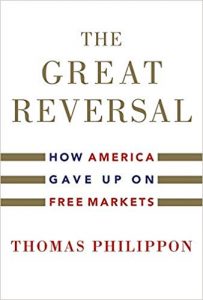
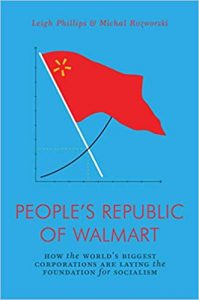 The starting point is the Simon/Coase realisation that big firms are internally planned economies – if it works for Walmart, why wouldn’t it work at larger scale? The authors’ hypothesis is that economic planning might work better now that we have so much more powerful computers and better data.
The starting point is the Simon/Coase realisation that big firms are internally planned economies – if it works for Walmart, why wouldn’t it work at larger scale? The authors’ hypothesis is that economic planning might work better now that we have so much more powerful computers and better data.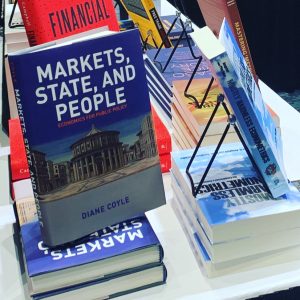 As seen at ASSA2020 in San Diego
As seen at ASSA2020 in San Diego
